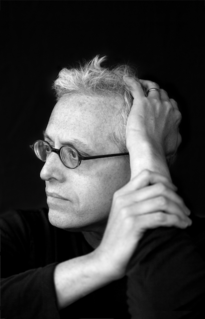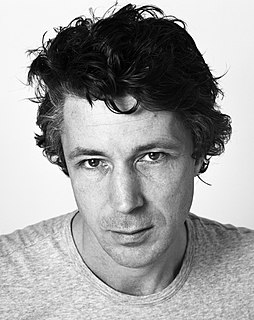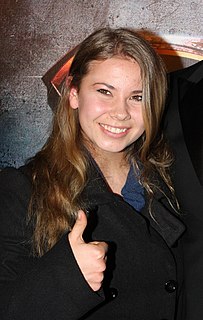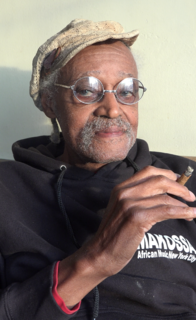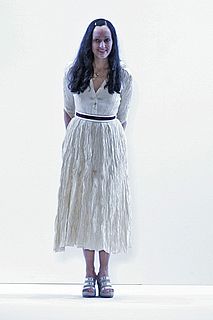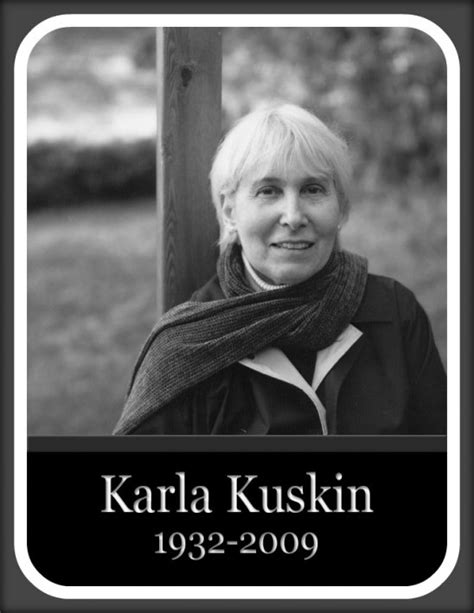A Quote by Donald Margulies
I've come to view screenwriting assignments as playwriting grants, because they provide a considerable financial cushion. However, they can also be extremely time-consuming. Film projects tend to drag on and on, which takes me away from the theatre, and then they don't get made. At the same time, the screenplays that have come my way have been quite challenging, for the most part, and even enjoyable.
Quote Topics
Also
Assignments
Away
Because
Been
Challenging
Come
Considerable
Consuming
Cushion
Drag
Enjoyable
Even
Extremely
Film
Financial
Get
Grants
However
Made
Me
Most
My Way
Part
Playwriting
Projects
Provide
Quite
Same
Same Time
Screenplays
Screenwriting
Takes
Tend
Theatre
Then
Time
Time-Consuming
View
Way
Which
Related Quotes
I've made a point of trying not to play the same part and of moving between theatre and film and TV. The idea is that by the time you come back, you have been away for a year, and people have forgotten you. If you like having time off, which I do, that's a good career strategy. Or at least, it's my strategy to keep my head together.
Even if the film doesn't come out quite as you'd hoped, the process can also be very rewarding. I feel that way about a film called 'Lay the Favorite' that I made with Stephen Frears. I did that because the character was a real leap for me. The film doesn't quite all add up internally, but I feel very proud of what I did on it.
No film is made without the people behind the lens. Of course, most people, even I, tend to look at films in the most simplistic way, and say, "Wow, so-and-so is in this film." We talk about who's in it, as opposed to who got it made. But there are financial and technical aspects which go along with it, that should be addressed and acknowledged, including those minorities who are doing excellent work as well.
Craft takes time, and therefore it is luxury. You cannot do an amazingly well-made garment without taking time—not just the time it takes to make something but also the time it took the maker to come up with the idea. That is all luxury, and that has been lost because were trying to make things faster and faster, cheaper and cheaper. The consumer tends to lose track of what luxury is.
Theatre is organic, film is not. Theatre you come every day and you work with a group of people and you're are all up for it and you all get to do the whole thing every night, be it two hours or three hours. In film you work in two or three minute bits and it's never in chronological order and then someone takes that away and makes it look like it all happened, or that you gave that performance.
The hardest thing in the world is being a critic of your own work. For me time has always been the best critic. If I can put something away and then come back, it's like taking a painting you're working on, turning it upside down, squinting at it, or walking away to get a new view. Time helps you know whether it's worth saving or whether it should be dumped.
I've actually found that most of my jobs have been in sci-fi. I realized it because sci-fi has the biggest fan following. Every time I do a play in London all these sci-fi fans come out. They ask me to sign things from all these little projects that I did. I hadn't even made the connection. It doesn't always have a spaceship and guns; sci-fi has been projected on in someway. I did Never Let Me Go, which is sort of Star Trek-y. It's about the future and training humans. It's sci-fi too. It's such a broad umbrella.
I have to take care of the house, and the dogs, and the Macondo Board meetings, all those e-mails, the letters that are going to fans. And you've got to pay bills. These things eat up your time. You have to prepare and pack to go on that trip. Then when you come back you have to file all that stuff, answer all that mail, and that's not even washing the clothes or any of that. So it takes as many days as I've been away to come back to normal and to get quiet.
The most common way people could do time-travel would be a form of meditation in which you don't get caught up in your thoughts and don't make patterns of logical consequences follow as a result of your thinking process. It's very hard for most of us to do that if we think about it. But if you start to watch the process by which things come into being, and you begin to witness from the point of view of watching the words form, then you're beginning to move into the non-temporal mindset, or that which is free of time.
We tend to have mixed feelings about the holy. There is a sense in which we are at the same time attracted to it and repulsed by it. Something draws us toward it, while at the same time we want to run away from it. We can’t seem to decide which way we want it. Part of us yearns for the holy, while part of us despises it. We can’t live with it, and we can’t live without it.
